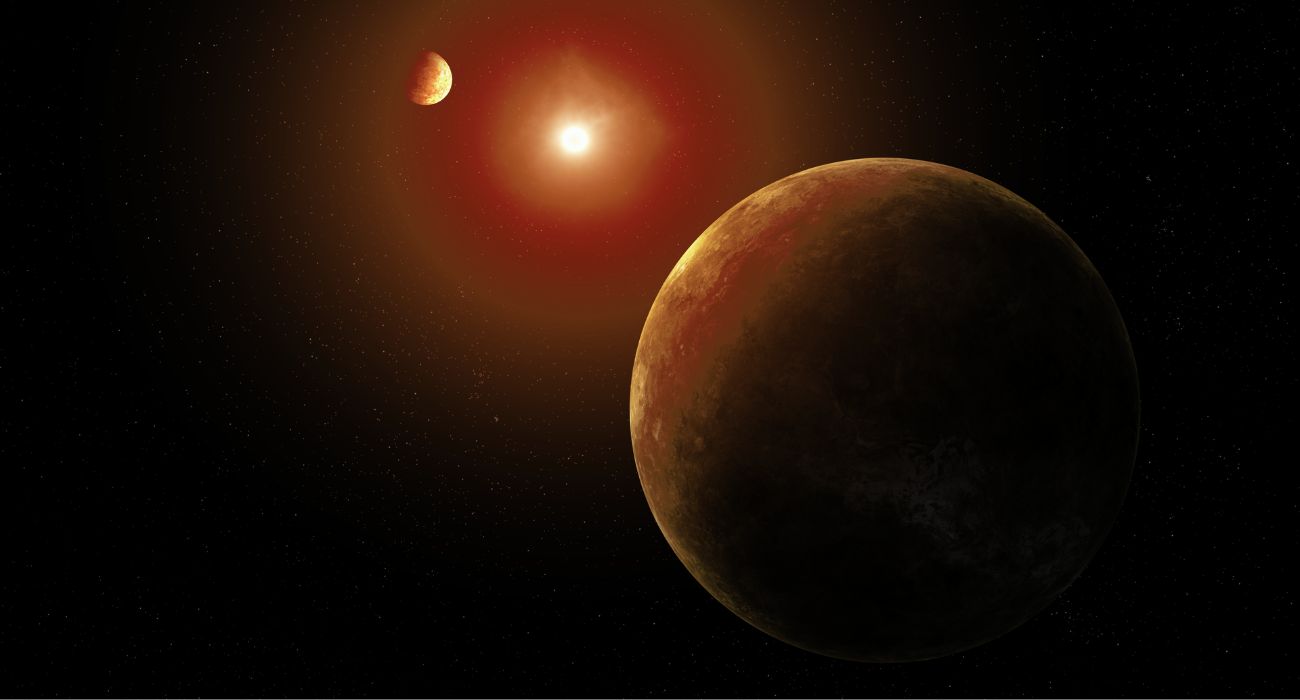Scientists have discovered a new, distant multiplanet solar system using data from the long-decommissioned Kepler space telescope.
The Kepler space telescope was originally launched in March 2009 with the goal of detecting exoplanets as they passed in front of their host stars during orbit. An exoplanet named Kepler-1658b was discovered in 2019. The exoplanet’s orbit was thought by experts to be in decay, meaning it was moving closer toward its parent star, as previously reported by The Dallas Express.
Despite the telescope being decommissioned in 2018 after discovering 2,600 exoplanets, data collected by the instrument continues to provide researchers with new discoveries, according to NASA.
NASA announced on November 2 that data gathered from the telescope led to the discovery of a solar system dubbed Kepler-385, which comprises seven exoplanets orbiting a star roughly 10% bigger than our sun and 5% brighter. All seven planets reportedly receive more radiant heat from their host star than any planet in our own solar system.
“[U]nlike any of our immediate neighbors, all seven planets in this system … are larger than Earth but smaller than Neptune. It is one of only a few planetary systems known to contain more than six verified planets or planet candidates,” according to a NASA news release.
The system is about 4,672 lightyears away from Earth. It is said to be one of the “highlights” of the now updated catalog of Kepler-discovered planets, which includes over 700 multiplanet systems.
“We’ve assembled the most accurate list of Kepler planet candidates and their properties to date,” said Jack Lissauer, a research scientist at NASA’s Ames Research Center in California, according to NASA.
“NASA’s Kepler mission has discovered the majority of known exoplanets, and this new catalog will enable astronomers to learn more about their characteristics,” Lissauer added.
Distant star systems are not the only discoveries scientists seek to gain more information on. NASA recently launched its Psyche spacecraft to research a distant, supposedly metal-rich asteroid, as previously reported by The Dallas Express.
“The Psyche mission could provide humanity with new information about planet formation while testing technology that can be used on future NASA missions,” said NASA administrator Bill Nelson. “As Asteroid Autumn continues, so does NASA’s commitment to exploring the unknown and inspiring the world through discovery.”






